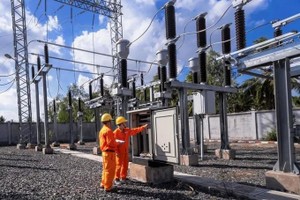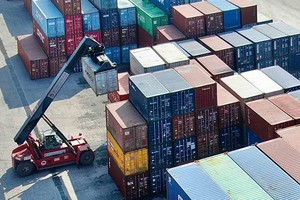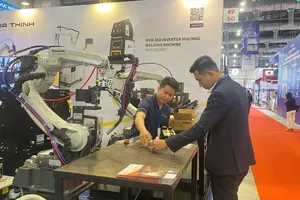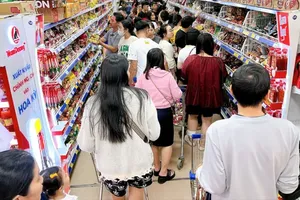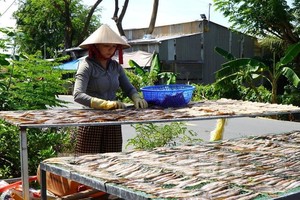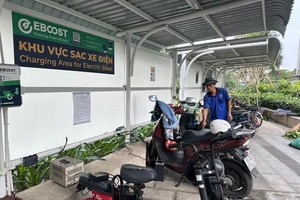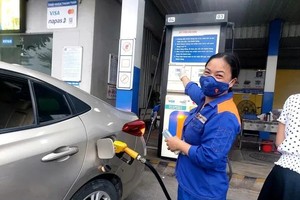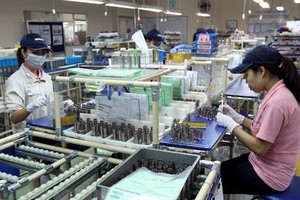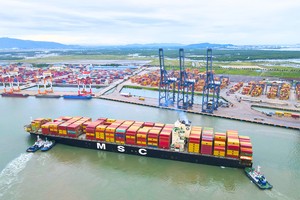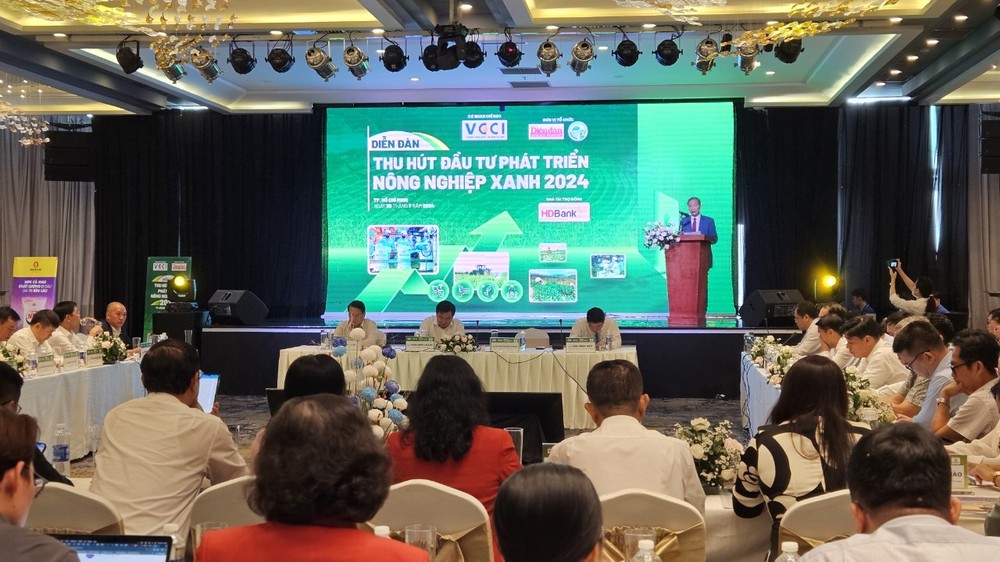
On July 30, at the forum "Attracting Investment in Green Agricultural Development 2024" organized by the Vietnam Chamber of Commerce and Industry (VCCI), many participants expressed that Vietnam holds the advantage of being a global food supplier. However, greening agriculture is essential to enhance the export value of Vietnamese agricultural products.
Speaking at the forum, Mr. Hoang Quang Phong, Vice Chairman of VCCI, noted that the world is facing a challenging problem in ensuring food security. The need to transform the agricultural food system towards being more efficient, comprehensive, flexible, and sustainable is becoming increasingly urgent.
In this context, Vietnam is making positive strides in agriculture, leveraging its strengths as an agricultural nation. The country has been gradually expanding and enhancing the scale and level of production, maintaining growth in both output and quality, meeting national food needs as well as export demands, and contributing significantly to GDP growth.
However, along with the opportunities, Vietnam's agriculture faces existing "bottlenecks" and requires a "strong push" in green agricultural investment to enhance its position in the efficient and sustainable agricultural supply chain.
Experts at the forum noted that with current government support policies, the green agriculture model in many localities has gradually transitioned. Practical results show that cooperative models and linkages in agricultural production and product consumption, as well as value chain linkages to increase product value—from input supply, production, and preliminary processing to the consumption of agricultural products—are becoming more prevalent. The proportion of green, clean agricultural products with traceable origins is increasingly accounting for a higher percentage in both domestic and global supply chains.
On the other hand, representatives of experts and business associations have candidly proposed additional solutions to promote green agriculture development.
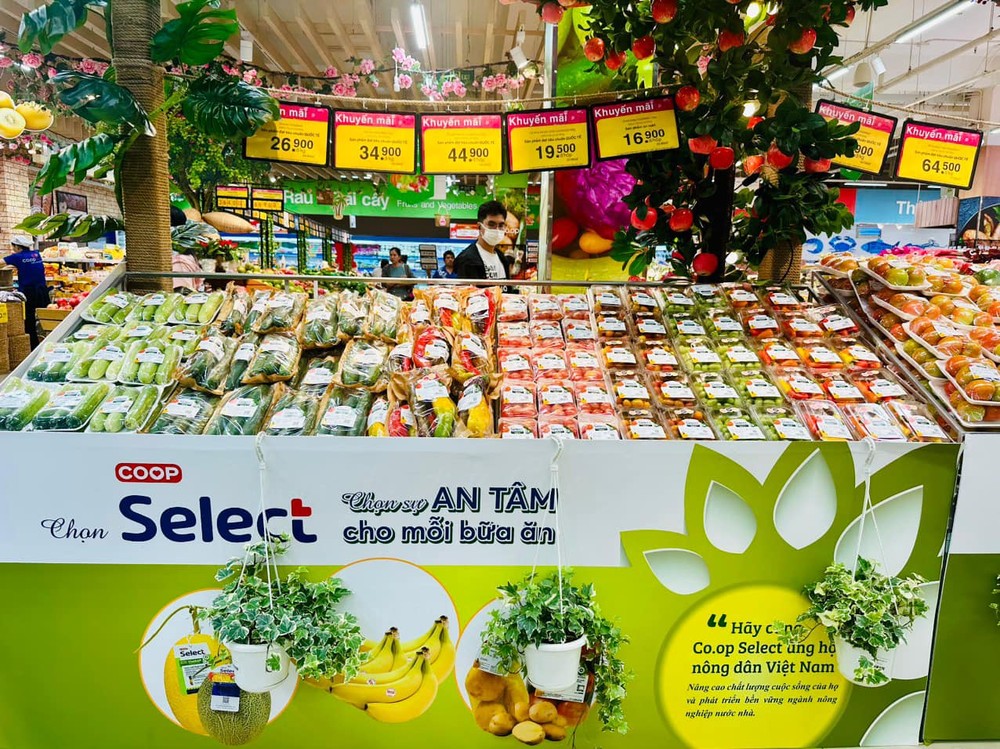
Specifically, it is necessary to focus on mobilizing social resources, especially from enterprises, to achieve green growth objectives. Strengthening international cooperation is essential to attract financial support and technology transfer, aiming to make Vietnam's agriculture a model of green, low-carbon, food-safe agriculture, thereby enhancing competitiveness in the global agricultural supply chain. Additionally, there needs to be a shift in mindset and awareness to proactively promote the green economy, green growth, and green consumption.
Furthermore, localities should create breakthroughs with a comprehensive solutions system, developing ecological agriculture towards multi-value and multi-sector integration, combining economic, social, and environmental values. It is crucial to maximize the natural advantages of different regions for agricultural development while ensuring interaction with the ecological environment. Relevant agencies should implement suitable investment credit policies and simplified procedures for households to invest in expanding their production scale.
Additionally, localities need to establish large-scale, specialized production areas that are standardized with rigorous cultivation processes and integrate digital transformation and advanced scientific and technological applications to align information between production and consumption, ensuring product traceability. Localities should also continue to improve human resource training, incorporating advanced smart technologies to develop organic and green agriculture, enhance quality, output, and content, and reduce emissions.
Moreover, mechanisms should be proposed to foster linkages, expand, and increase the efficiency of investment by utilizing green agriculture in cross-sectoral products, including leveraging services from ecological models, expanding OCOP products for tourism, and building a green agriculture brand throughout all stages of cultivation, processing, consumption, and export.
Such efforts will accelerate the development of green agriculture in Vietnam, contributing to the expansion of export markets for Vietnamese agricultural products and food globally.
On January 28, 2022, the Prime Minister approved Decision No.150/QD-TTg concerning the Strategy for Sustainable Agricultural and Rural Development for 2021-2030, with a vision to 2050.
The main goal of this Strategy is to develop a commercial agricultural sector while leveraging local advantages. It aims to modernize agriculture to achieve high productivity, quality, efficiency, and sustainability, ensuring strong competitiveness both regionally and globally, and securing national food security.
The policies implemented under the Strategy have established mechanisms and legal frameworks to encourage, support, and motivate businesses to invest in, produce, and trade safe agricultural and food products. They also foster the development of cooperation and partnerships in the production and consumption of agricultural products, creating value chains that enhance overall value—from input supply and services to production, preliminary processing, and processing, all the way through to the consumption of agricultural products.








